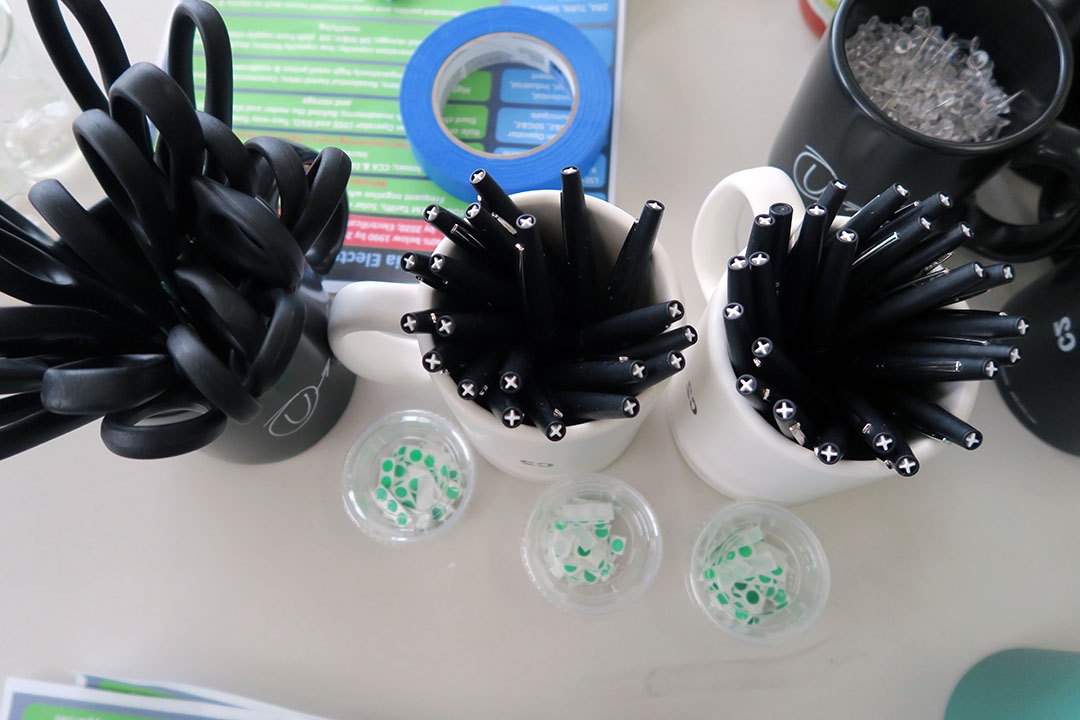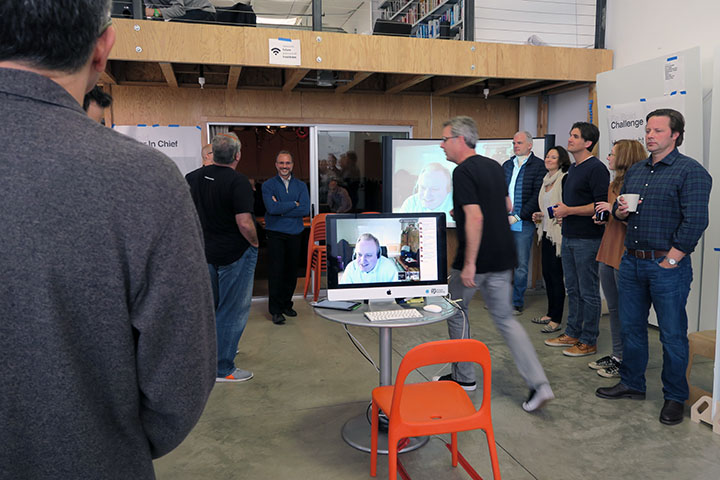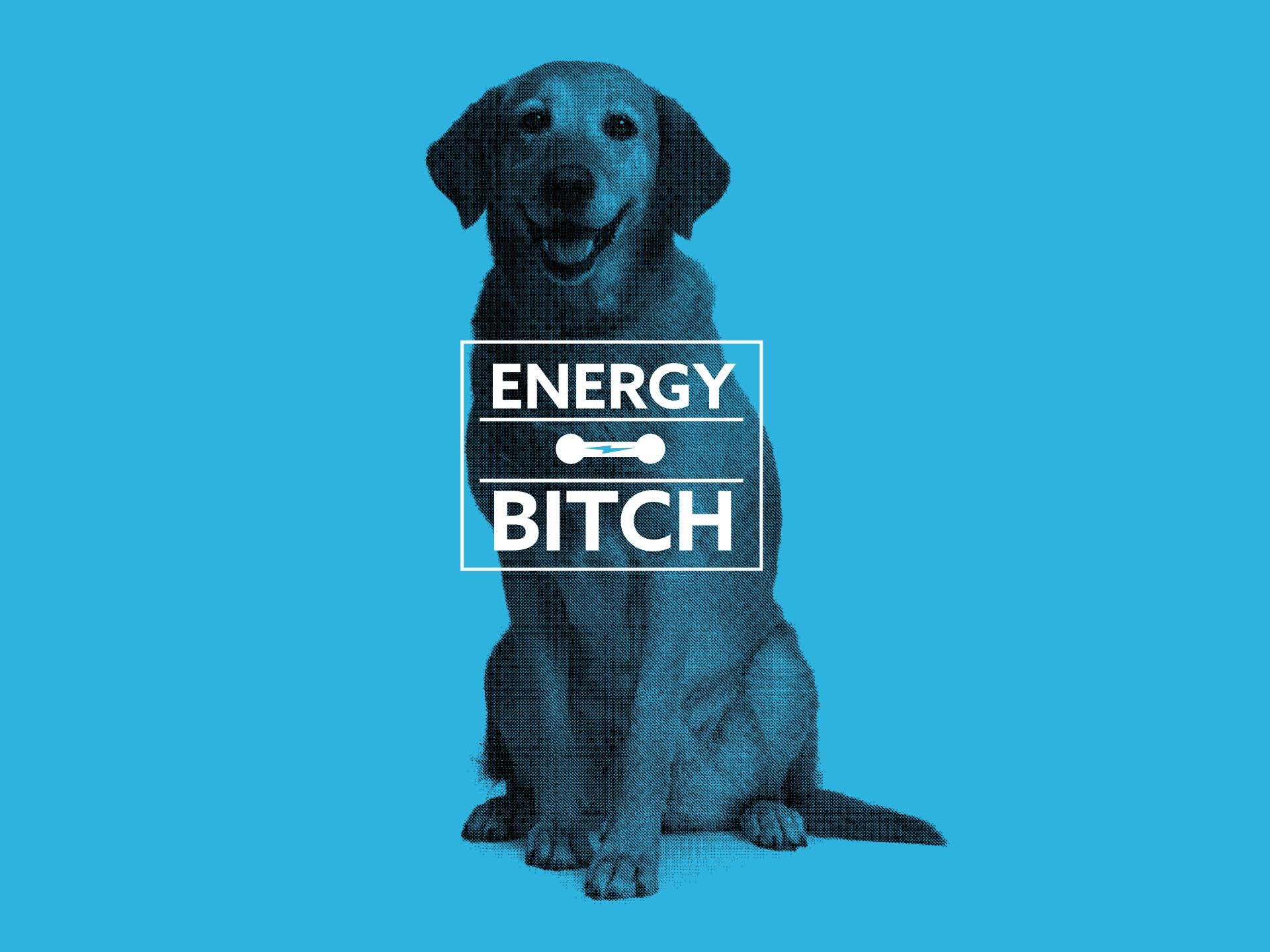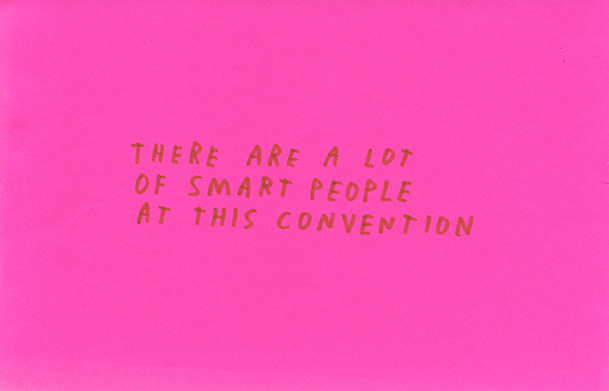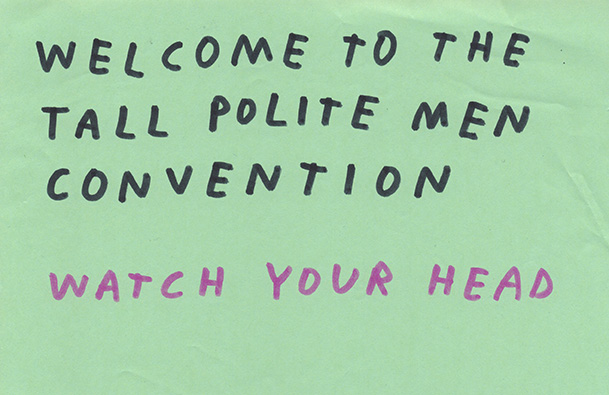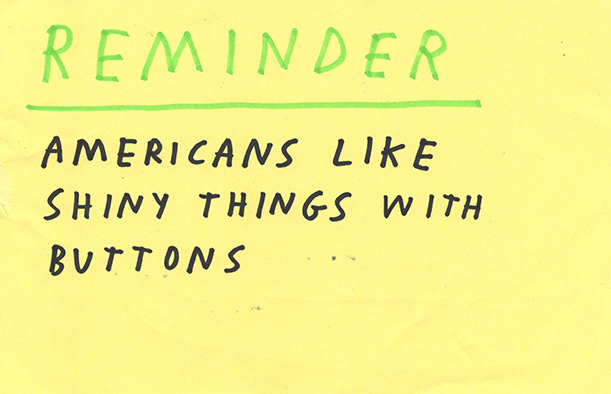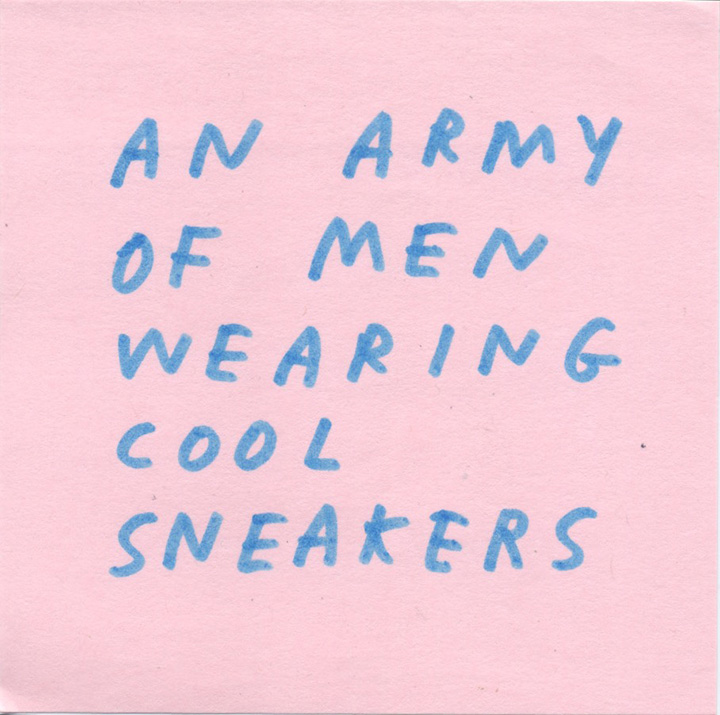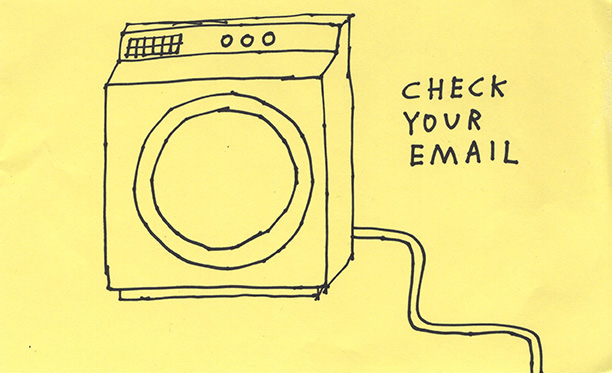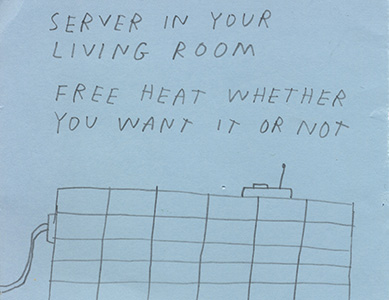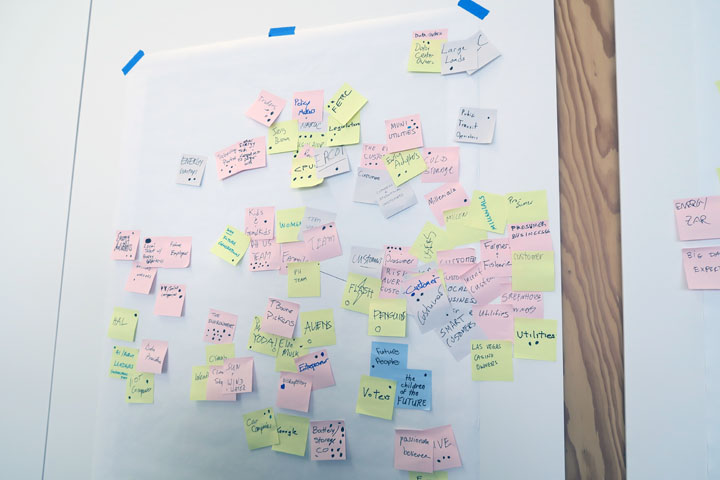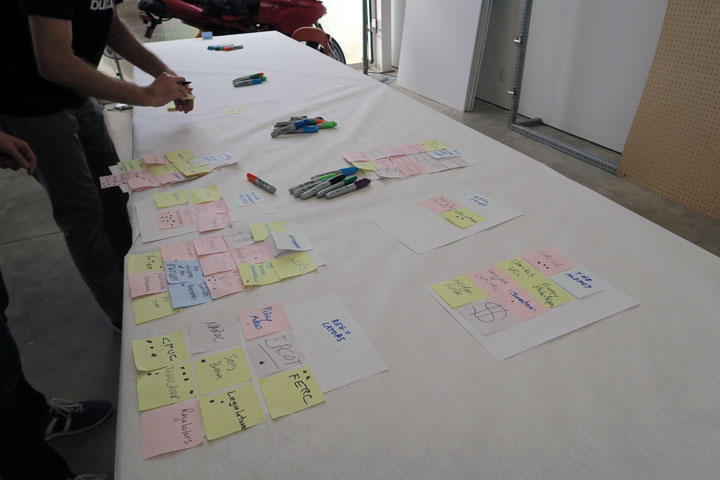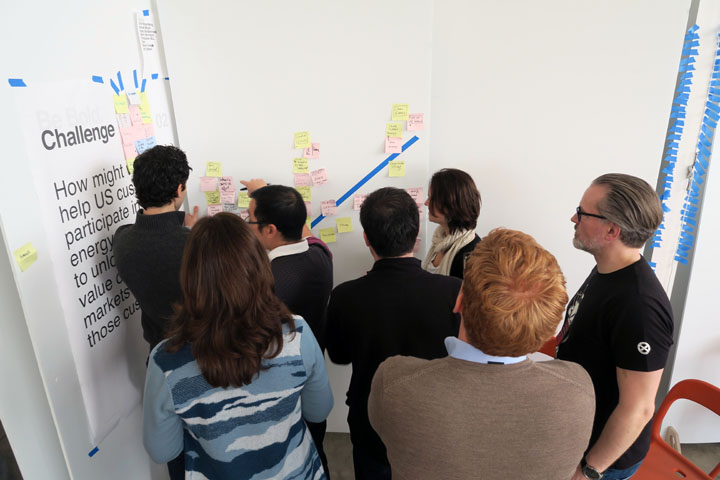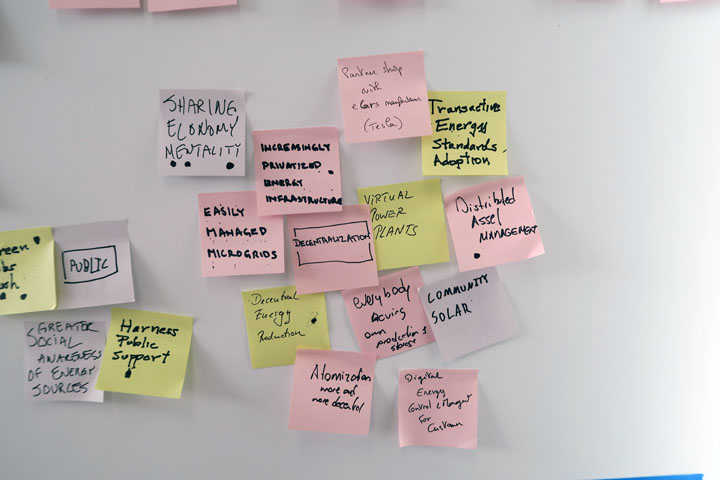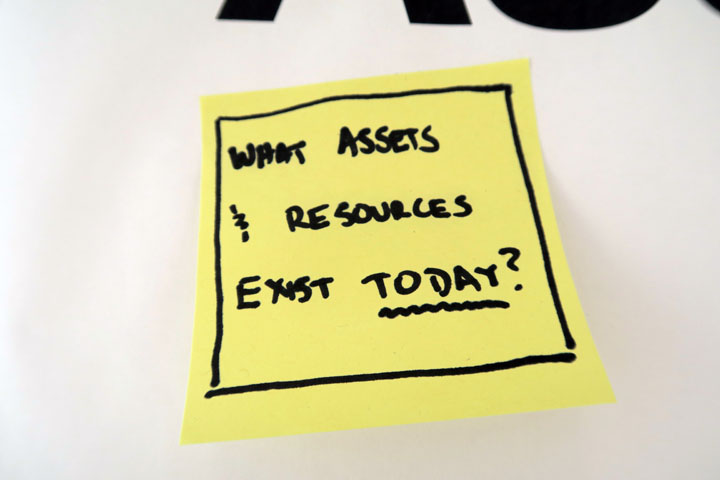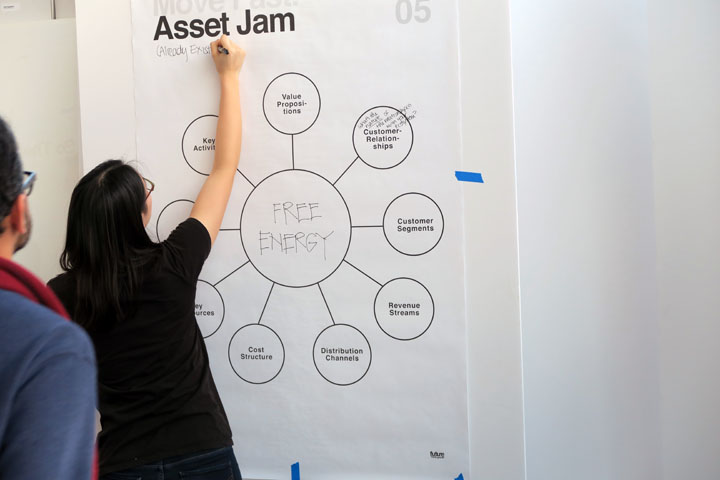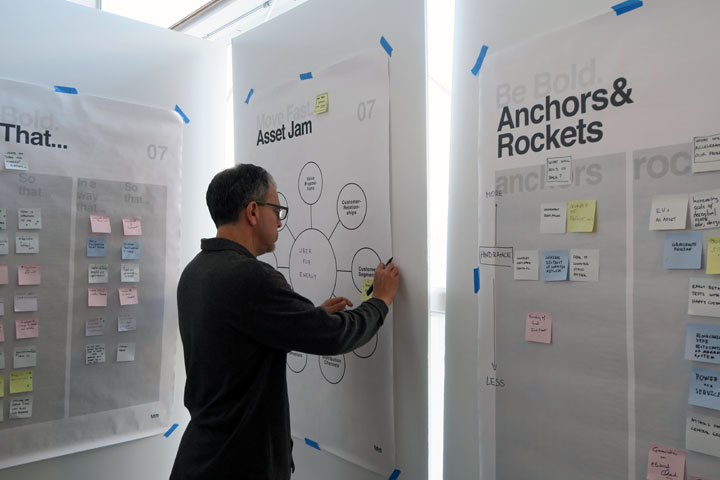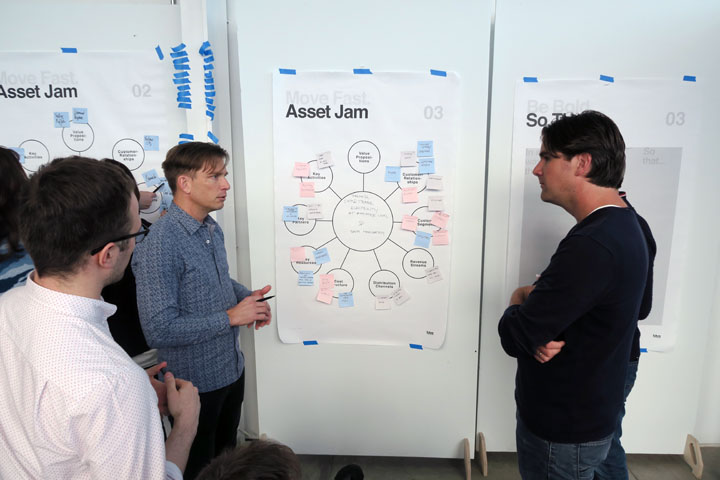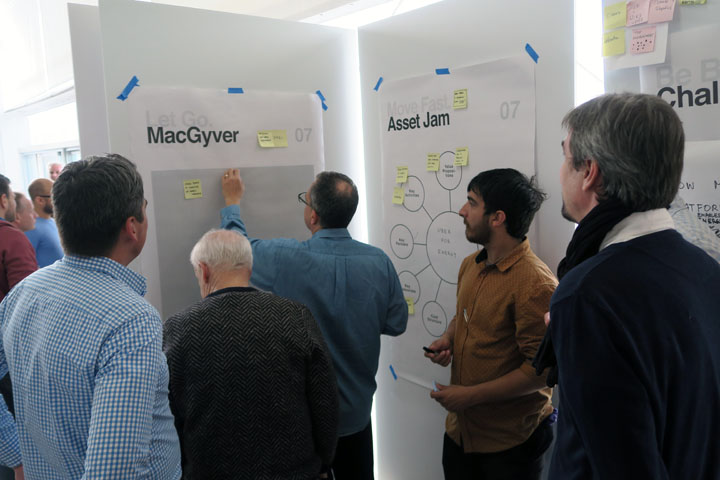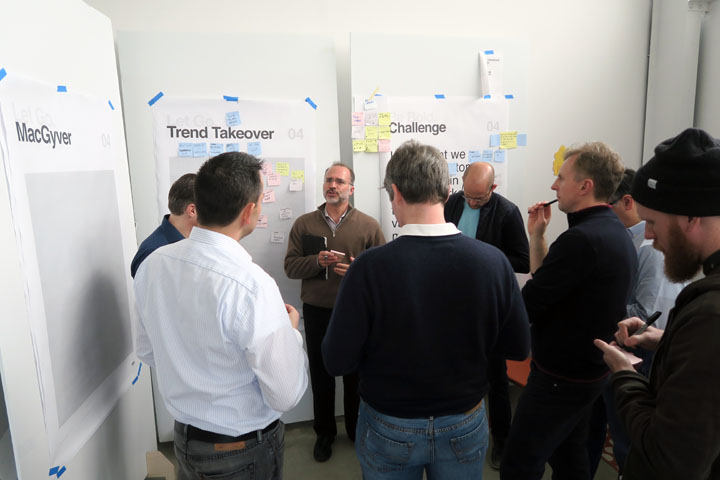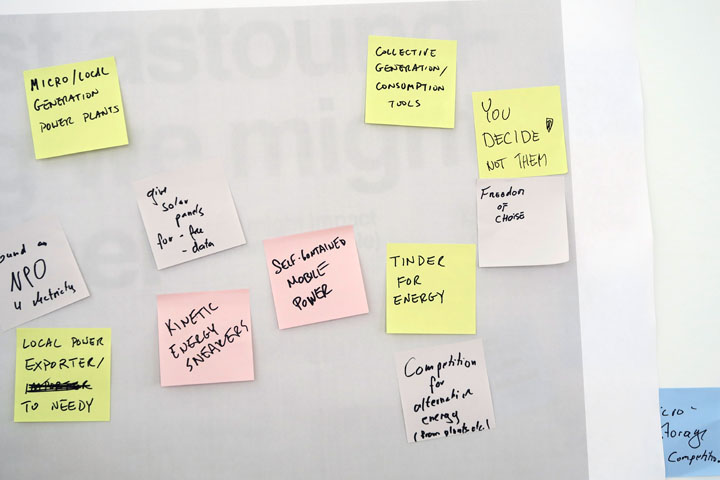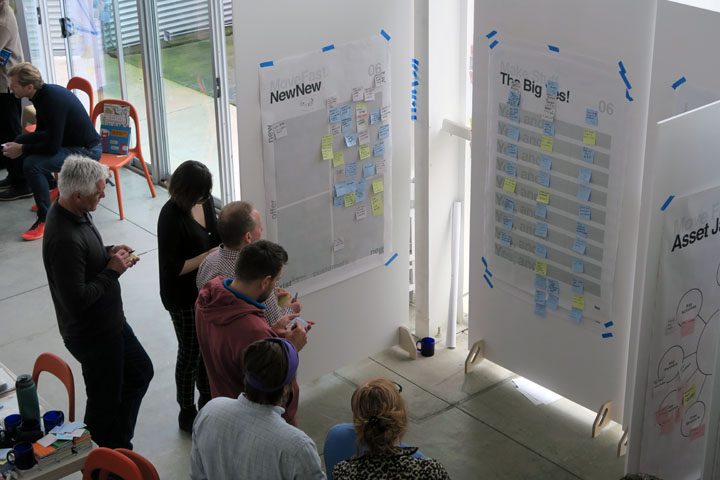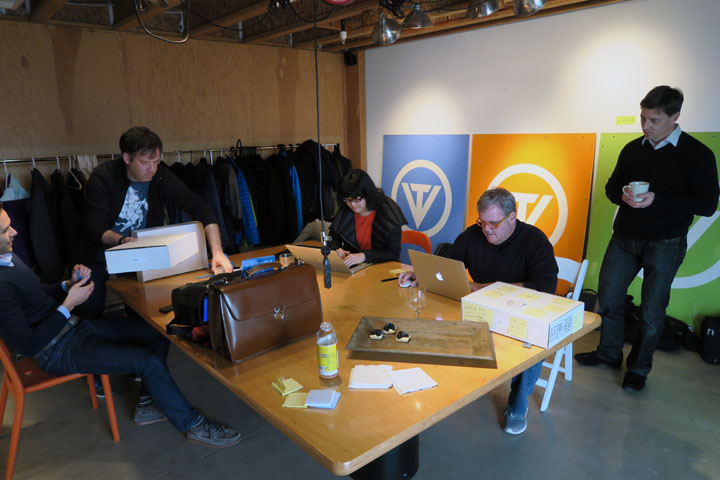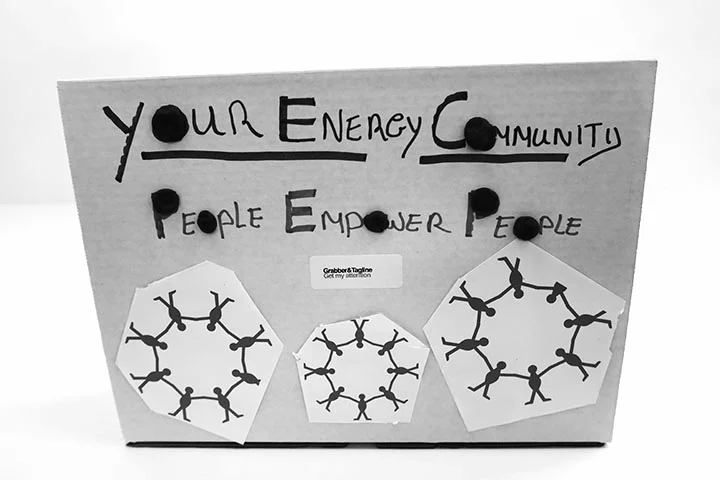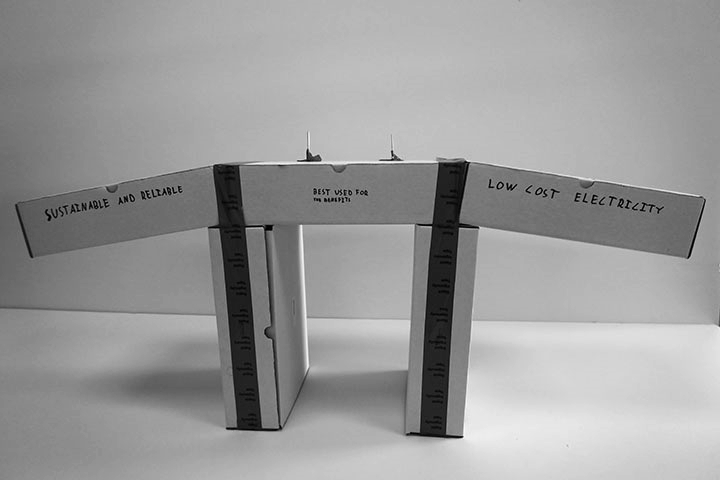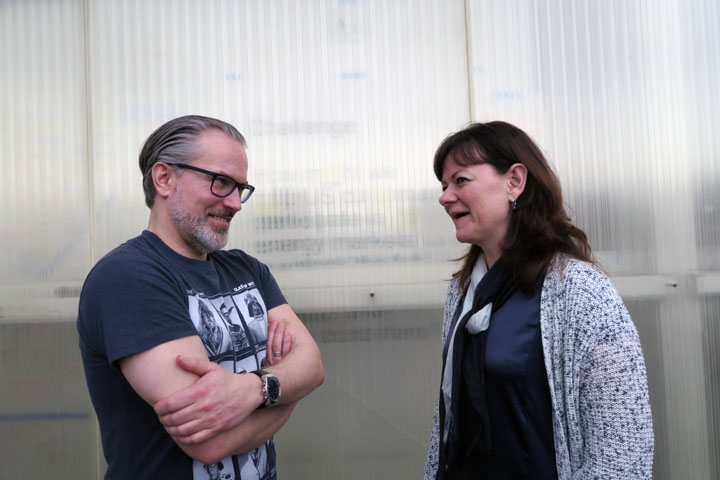
Powerhouse US Challenge
Powerhouse US Challenge
How might we help US customers participate in energy markets to unlock the full value of both those markets and those customers?
On February 2–4, 2016, Powerhouse leaders, mach49, and a select group of collaborators gathered at The Think Wrong Lab in Half Moon Bay, CA, for the Powerhouse US Blitz.
The Blitz was an intense and immersive effort to
co-create new business ideas that might deliver
new kinds of value to customers and extend Powerhouse’s reach into new markets.
Our goal
Develop a portfolio of business ideas and additional growth opportunities that Powerhouse might act on immediately. Develop and prioritize new business hypotheses.
Our objectives
- Think wrong about our most significant new business opportunities.
- Leverage the trends, technologies, and expertise that drive Silicon Valley.
- Imagine new growth opportunities.
- Develop and prioritize new business hypotheses.
- Create ownership and excitement across the team for Powerhouse US.
- Leave with a portfolio of additional growth opportunities that Powerhouse might act on immediately.
Powerhouse US Approach
Powerhouse US Approach
Think Wrong
We used drills from across six Think Wrong Practices to generate a portfolio of business hypotheses in response to our Blitz challenge.
Think Wrong Practices
Dare to make a big difference.
Find fresh inspiration for status quo–busting solutions.
Stretch beyond assumptions, biases, and orthodoxies to expand what’s possible.
Gain insights that can be gotten only through making.
Discover what works without risking it all.
Open up so others can help you improve your solutions and achieve impact sooner.
Think Wrong Drills
Framer-in-Chief
Deflection Point
Moonshot
Anchors & Rockets
So That...
Challenge Challenge
5 Whys
That’s Odd
MacGyver
Trend Takeover
Random Word
The Big Yes!
Biz in a Box
Pecha Canvas
Pecha Redux
$100 VC Fund
Truth + Truth
I‘m a Tool
Scout Report
Matters Most
Asset Jam
Pisses Me Off, Pumps Me Up
New New
Dog in a Hat
Djibouti
SASU
Dress Rehearsal
Powerhouse US Outcomes
Powerhouse US Outcomes
Transformative solutions, key insights, and new practices.
The Powerhouse US Blitz produced valuable ideas and insights, and built our innovation muscles through the use of new Think Wrong Practices.
Five Big Ideas
Transparency
Big Idea No. 1:
eMatrix
Today’s U.S. energy market = No choice, no control, no interest, no visibility, no fun.
eMatrix is an open energy exchange that matches demand and supply—for everybody, everywhere.
eMatrix leverages models outside the energy market to drive customer engagement. Gaming fundamentals help to drive positive behavior and discourage bad behavior.
eMatrix will team up with an Ocean’s Eleven of strategic partners—not the Usual Suspects. Powerhouse will partner with Google, Stanford, and the Sierra Club to drive innovative approaches that disrupt the U.S. energy market status quo.
This business model will take a more comprehensive approach in the way partnerships are realized—working with those who lack the expertise or desire to build their own platform; e.g., rooftop solar companies, municipalities, neighborhoods, and even established utilities.
The platform exists as a hub for gathering consumption and production data—an underutilized asset in the energy markets.
Big Idea No. 2:
Naked Energy
Echoing calls for transparency in supply chains to address questions such as:
“What am I getting?”
“Where is it coming from?”
“Does it match my values?”
Naked Energy bares all. Naked Energy provides consumers and producers with the data and the context necessary to allow for informed decision-making within the U.S. energy market.
Naked Energy makes choice simple, too.
Naked Energy provides a platform that lets consumers and producers personalize their energy sources, consumption, and markets—encouraging flexible peer-to-peer usage and investment.
Powerhouse’s expertise in distributed generation and storage, end-to-end software experience along the whole value chain, the capital to execute, and insights from Europe give Naked Energy an advantage to monetize latent value from frustrated and dissatisfied energy consumers and prosumers.
Advice
Big Idea No. 3:
Energy Bitch
The creation of the iPod made other MP3 players irrelevant. Its simple, beautiful, easy-to-use design—and elegant rethink of the music ecosystem—made it easy to adopt and hard to leave.
Today there is a growing market for energy advice. Energy Bitch will drive the same kind of consolidation across energy advisors—providing an equally simple, beautiful, and easy-to-use design for energy prosumers.
Energy Bitch is the most trusted advisor in the new energy world. It offers prosumers full choice, control, and understanding of their energy use, production, and profit—in a way that is compelling, engaging, simple to use, and 100% accurate on billing.
Initially, Energy Bitch will target mid-size customers who are unable to take advantage of potential flexibility in their energy usage.
As the energy market gets more complex, partnering with Energy Bitch makes it increasingly simple. It’s designed to act as a coach to ensure that prosumers are maximizing their opportunities to buy and sell in the energy marketplace—at the moments that matter most; or it can take care of everything for the customer.
Powerhouse’s track record in managing complex, nontraditional energy contracts, coupled with their expertise in data science, provides them with astounding marketplace advantage.
Quid Pro Quo
Big Idea No. 4:
Rooftop Rentals
A marketplace that brings together underutilized surface area, demand for clean renewable energy, and the Sun.
Rooftop Rentals offers property owners the opportunity to make money from an underutilized asset—their roofs.
In a two-sided market, the Rooftop Rentals platform identifies “hotspots”—conditions where there are energy market dynamics that make solar production most profitable.
Property owners can install panels or lease their rooftops to other producers.
Consumers are able to manage their portfolio of solar suppliers—which can be used and traded.
The user-friendly platform simplifies the process, allowing producers and consumers to be as hands on or as hands off as they choose.
Even someone without a roof can benefit from the sunshine and produce energy.
Big Idea No. 5:
PeerPower
Today’s consumers are crushed by the number of utilities and bills they need to manage.
Cable companies and telcos have infrastructure that needs to be built for peaks, but mostly sits idle, all while they lose customers who are cutting the cord and going wireless.
Data centers are growing while struggling to keep up with demand because of their inefficiencies—70% of the energy a server uses is to keep it cool.
PeerPower provides a compelling solution to these constituents, reducing carbon production and becoming more efficient.
Powerhouse partners with existing (nonpower) utilities to wrap multiple services into one simple bill and delivery.
In addition, customers—individual home owners, multi-tenant buildings, hotels, or offices—can receive free hot water in exchange for installing a PeerPower Data Furnace.
The utilities maximize their infrastructure, move processing power closer to their customers when they need it, and reduce congestion on their network—all the while growing new revenue streams.
Data centers participate in a more reliable, elastic, and resilient network that is cheaper to run and lowers their carbon footprint.
What’s in it for Powerhouse?
Data centers need power—lots of it. Our load management skills will help us route data and processing to the cheapest locations. Solar energy can be used to run servers locally, reducing surge on the grid and transmission loss. Small commissions are collected on the data and power load.
There Is No B2B
Business to business is a fallacy, a myth, a lie, a spoof, a delusion, and a fiction used as an excuse for poor design, branding, and experience.
Everyone is a consumer—even businesses. We deal with people, and they represent their organizations’ needs and desires. They demand and deserve the best experience possible.
Time and again throughout the Blitz we came back to a key theme—experience matters:
Branded Experience
Design
The High Bar
Branded Energy
In the U.S., power is power. There is the differentiation between clean and dirty.
If brand is how we are understood in the minds of those who matter most to us, then a strong brand with a compelling story can become a competitive advantage in a commoditized marketplace. People will pay more for an energy brand they recognize, believe in, and trust to do the right thing for them, society, and the environment.
Design
We must give a damn about design. Our conventional competitors don’t and won’t—our future competitors already have a head start on building simple, elegant, easy-to-use products and services.
When we create an experience designed for people, we reinforce our brand—making our product sticky and others look like also-rans.
The High Bar
When we build as if for a consumer, we put ourselves in a superior position to sell to businesses.
The high expectations and requirements of B2C can force us to get things right the first time and to adopt a useful set of guiding design standards:
Keep things simple.
Tell a compelling story.
Emphasize value.
Design for scale.
We can use the high expectations of consumers to set the standards for the U.S. energy market.
Euro chic
German engineering excellence and Dutch design excellence are our unique advantage.
Some stereotypes are earned and positive. We have the opportunity to take advantage of the U.S. consumers’ perception of “German engineering excellence, quality, and reliability” and “Dutch progressive, cool, minimalist design.”
When going to market, our origin stories are unique advantages—consumers already expect and believe that our product will be brilliantly designed and engineered.
Data > Power
What’s worth more than power?
We discovered that we have something to offer that is worth more than power. As we were building on early ideas to provide free power, we identified an opportunity for a more powerful give and get. One in which power becomes the quid pro quo in the exchange.
We asked ourselves, “What if the market for data is more valuable than power?”
A business hypothesis emerged in which data about energy production, distribution, and consumption is worth more than the power itself. Which prompted the question, “Is it possible to use the power as a loss leader to acquire more and more data about individuals and groups of individuals?”
A number of our business hypotheses were born from these two questions.
Powerhouse US Key Outputs
Powerhouse US Key Outputs
Every Output Is an Input
Each Think Wrong drill produces useful output, which becomes input for subsequent drills. Documentation of this output provides us with ideas and insights that can be valuable to both existing and new businesses.
Matters Most
Each team became an advocate to ensure that their constituents had a “voice in the room.”
Team 1: Utilities
Team 2: Humans
Team 3: The Money
Team 4: Regulators
Team 5: Big/Everyday Users
Team 6: Disruptors
Team 7: Environmentalists
We discovered who matters most to our success. We distilled the dozens of constituents into seven archetypes.
Escape the Status Quo
We recognized the enemy—the path of “business as usual”—and committed to escape its gravitational force by taking a “bold path” to our stated moonshots and reframed challenges.
Team 1:
Moonshots:
Take all customers off the grid (with no regard to the grid) and own the customer.
Fixed electric price for life.
Challenge Challenge:
How might we help U.S. customers remove themselves from volatile energy markets to unlock their full potential?
Team 2:
Moonshot:
Introduce Powercoins, a zero-barriers exchange
Challenge Challenge:
We will quickly enable customers to reduce energy costs!
Team 3:
Moonshot:
Cap-an-trade electricity and data monetization
Challenge Challenge:
How do we help all people engage in the energy market?
How might we gain customers’ trust to monetize their data?
Team 4:
Moonshot:
100% renewable, 0 emissions in 3 years.
Challenge Challenge:
How will we pull 25% of US households over to 100% renewable energy with us in 7 years?
Team 5:
Moonshot:
Skip the grid
Challenge Challenge:
How might we help everyone over capacity?
Team 6:
Moonshots:
No more grid, no more batteries.
Free energy.
Challenge Challenge:
How will we disrupt the US energy market for the benefit of the consumer?
Team 7:
Moonshot:
Frictionless energy transactions
Challenge Challenge:
How might we create a platform that…
- Enables energy users and producers to optimize for their needs and values
- Fosters reliable and sustainable energy
- Provides equitable access
- Scales at every level, from local community to interstate
- Supports all level of investment
We Got It
Powerhouse is asset rich—possessing resources a startup could only dream of having.
We took an inventory of existing resources that might be used to accomplish our moonshots and build businesses to meet our challenges.
Open the Aperture
We let go of our orthodoxies. We were inspired by trends, oddities, and our existing assets. We generated hundreds of ideas for new ventures—fast. Then we used the collective wisdom of our teams to choose the most compelling businesses—without letting debate, posturing, or politics slow us down.
We randomly selected three resources from our “Asset Jam” posters, then imagined challenge-meeting businesses we might build from them.
MacGyver
Each team was assigned a trend from the Blitz Inspiration File, then asked to generate challenge-meeting business ventures through the lens of that trend.
Trend Takeover
Each team drew random words inspired by the odd things we saw when we got out. Teams used these unexpected words as jumping-off points to conceive of challenge-meeting new business ventures.
Random Word
Teams were then asked to sort their business venture ideas into four categories to evaluate their potential to grow Powerhouse’s reach and revenue.
New Customer / New Offer
New Customer / Existing Offer
Existing Customer / New Offer
Existing Customer / Existing Offer
New New
Make It Big
We held back on our impulse to get to a single answer and shunned the Devil’s Advocate. Instead, we accepted every offer and built on our teammates’ ideas to make them even bigger.
Each team selected the three business venture ideas that had the greatest potential to create new value for Powerhouse—and that we were most passionate about. We then used “The Big Yes” to elaborate on those ideas—making them more vivid, more tangible, and more fantastic.
Make It Real
We brought our emerging business venture ideas to life, transforming them from words on Post-its to business ventures we could picture and share with others.
Share It
Inspired by each other’s new ventures, we merged and remixed teams for our nascent businesses—building pitch decks in less than an hour.
Dogs in Hats
“Hey, check out that dog in a hat.”
A different currency for power.
Apathy is what hinders renewables adoption.
Bitcoin is an accident.
Data is more valuable than power.
Do people care about energy?
Electrons don’t matter, customers do.
Everyone wants to make energy free.
“I’m really curious, therefore I’m never comfortable.”
Make Volkswagen pay for it.
One grid to one million grids.
The change of approach to energy from pure commodity to something fungible and nonmonetized is possible.
To sell energy, you need to be energized.
Utility can be cool.
Why can’t we buy energy like we buy wine?
Yes&
Have Fun
We know that play results in more creativity and greater innovation. We worked hard. And laughed hard. We took our challenge seriously—but not ourselves.
To counter status dynamics and get into a playful mood, we took photos of ourselves in our best World Wrestling Federation poses. Then we paired our photos with personal confessions (written with our nondominant hands to preserve anonymity).
Truth+Truth=Fiction
Before we moved into the Make Stuff Practice, we reminded ourselves of how it feels to have a new idea killed by a “Yes, but...” and experienced the power of “Yes, and...”
Djibouti
Powerhouse US Blitzers
Powerhouse US Blitzers
Outlaws and Think Wrong Leaders
We rode beyond the limits of convention—overcoming biology (how our brains work) and culture (how organizations and institutions behave)—to create a portfolio of market-expanding, revenue-growing business ventures for Powerhouse.
Click on any image to view our Think Wrong Gang.
Gang members not pictured
Linda Yates
mach49
Martin Hermann
RWE
Peter Terium
RWE



